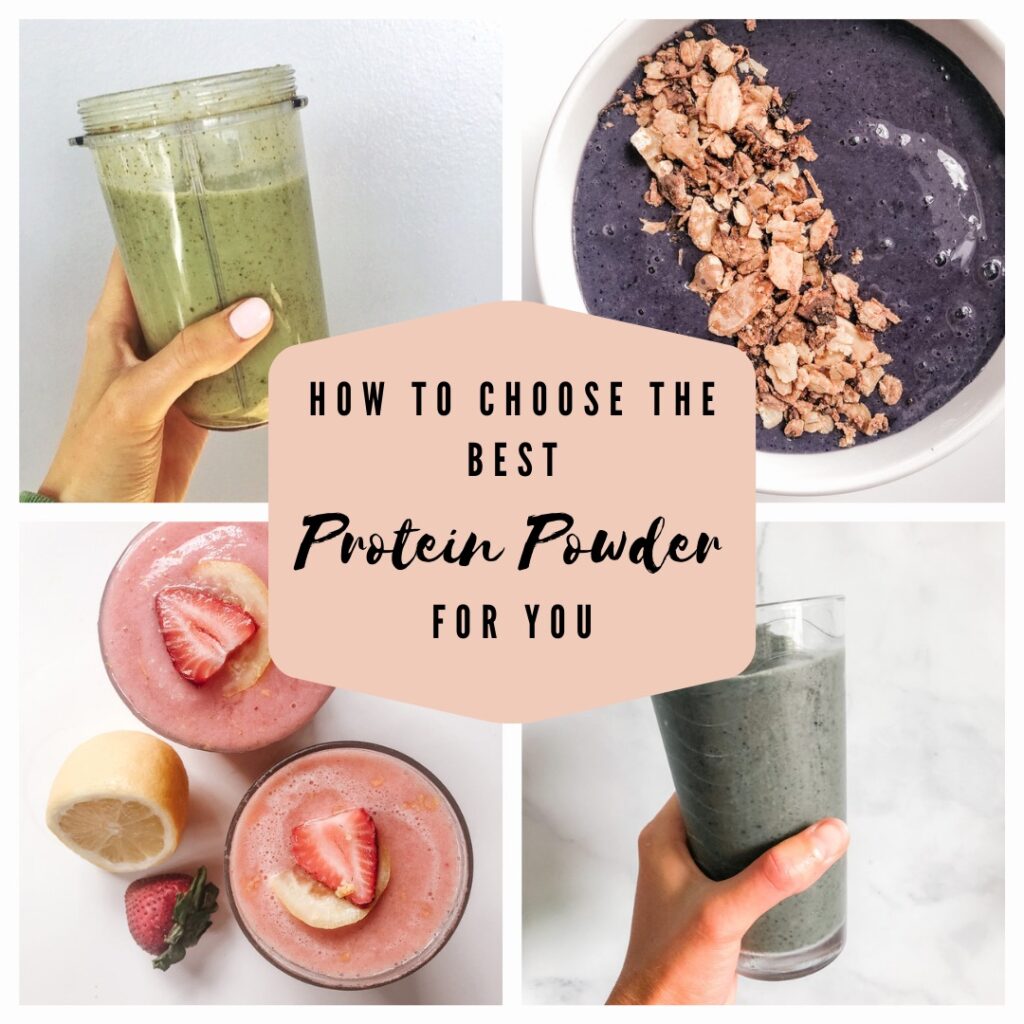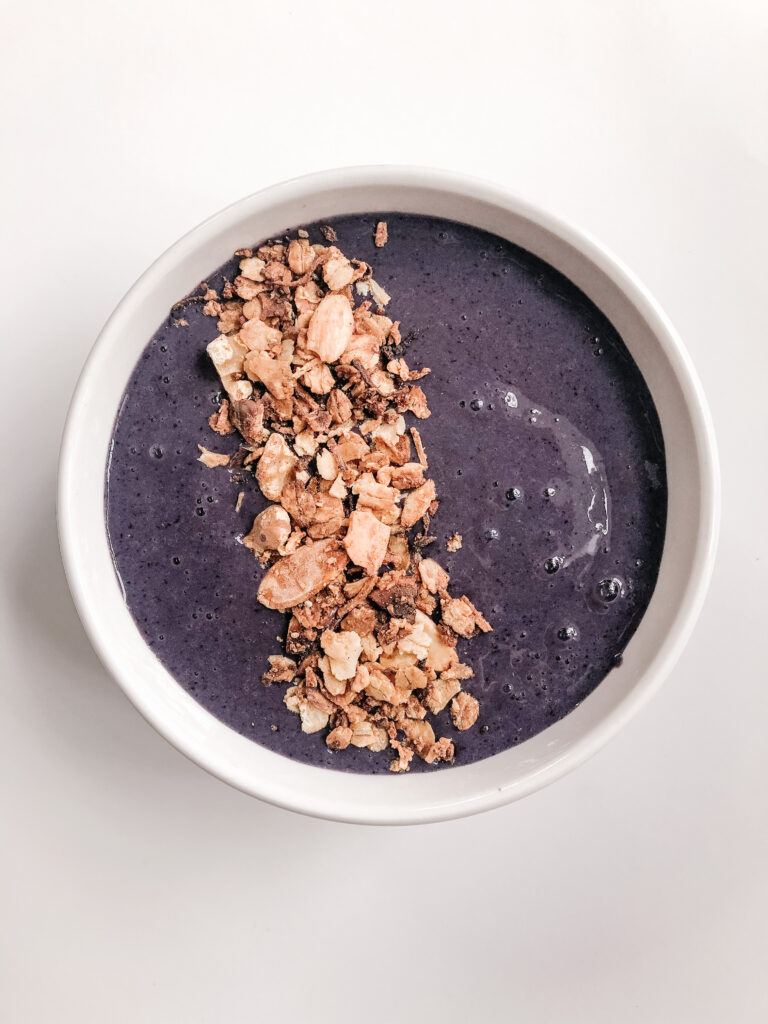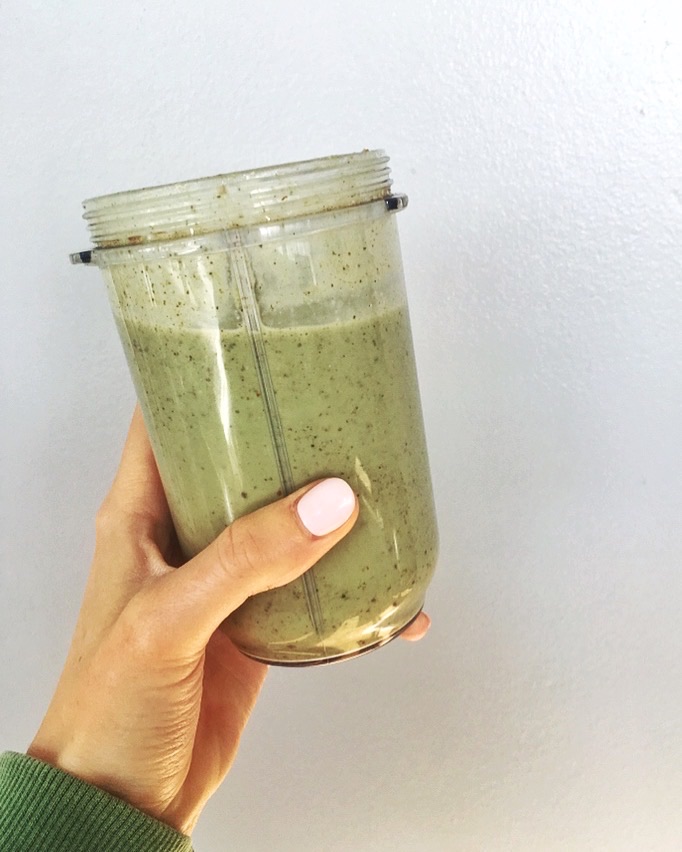SIGN Me up
Sent straight to your inbox every Sunday!
Weekly Meal Plans
to make your life easier
type below and hit enter
SALADS
APPETIZERS AND SIDES
BREAKFASt
Browse by topic
A female empowering non-diet dietitian supporting women who want to create a healthier relationship with food.
Hi I'm Ashlen!
MAINS
SOUPS AND STEWS
DIPS, DRESSINGS & MARINADEs
Search the blog
BEVERAGES
SNACKS & DESSERTS
How to Choose the Best Protein Powder for You: Part 1!
September 11, 2020
The amount of protein powder products on the market is unbelievably overwhelming! And for those who are first-time users or have never really found a product that works for them, it can be frustrating trying multiple brands without avail. So, whether you are plant-based, have digestive discomfort, have a thing with textures or all or none of the above, this blog post is for you! I’m breaking down all of the things you need to know before you purchase protein powder.

First things first… I will always encourage a food-first approach before trying any supplements. This goes for protein powder, vitamins, minerals, etc. The benefit from whole foods is (most often) much greater and the price is much less than that of a supplement. In the case of protein, choosing a variety of protein-rich foods such as chicken, fish, pork, tofu, tempeh, milk, yogurt, cheese, nuts, seeds, beans, legumes and some grains will help you meet your needs.
Speaking of needs, there is no one-size-fits-all recommendation when it comes to daily protein intake. This will depend on your age, gender, height and weight, activity level, and the type of exercise you may be doing. In general, the current Recommended Dietary Allowance (RDA) for protein is 0.8 g of protein per kg of body weight for all adults, except pregnant and lactating women. To calculate your body weight in kilograms, divide the number in pounds (lbs) by 2.2. For example, if the individual is 200 lbs divided by 2.2 = 91 kg x 0.8 g protein = ~73 g of protein recommended per day. There has been an growing amount of research that has shown higher intakes of protein (ex. 1.6 g/kg body mass) may be more appropriate to support optimal performance and physiological function1.

Purpose
There are many reasons why you may be interested in a protein powder. However, based on my professional opinion, there are typically only 3 reasons that would justify the need for this supplement.
- Convenience – if you are constantly on the go and unable to sit down for a full, well-balanced meal, resorting to a smoothie with protein powder can help you meet your needs.
- Low appetite – if it is hard for you to consume a varied diet and especially protein-rich foods, relying on a supplement can be your best bet. Often times when appetite is low, drinking something (ex. smoothie) is easier to manage than eating a full meal.
- Inability to meet needs – whether you have a higher protein requirement or for some other reason(s) are finding it difficult to meet your recommended daily amounts, choosing to meet these through the use of a protein powder can be beneficial.
Digestibility & Bioavailability
The quality of protein is characterized by the digestibility and the specific amino acid content and variability. Amino acids are the building blocks of protein and in total, there are 20 of them. However, only 9 of them are essential, meaning that our body is unable to make them ourselves so we need to consume them through food. A source of protein is deemed “complete” when it contains all 9 essential amino acids and “incomplete” when there are some missing or are found in low amounts. Briefly, animal-based proteins have a complete profile of amino acids and plant-based proteins tend to fall a bit short. UNLESS you consume a variety of plant-based proteins or in terms of protein powders, a blend (ex. a pea and soy blend), then this will help increase the variability, the amino acid profile and the bioavailability of the supplement.
The manufacturing process of protein powders also makes a difference in digestibility. Have you heard of protein concentrates vs. isolates vs. hydrolysates? These are different processing methods. In short, concentrates are the least processed and have a large variability in the amount of protein that’s actually in the product. It tends to be a bit cheaper but it is digested at a slower rate due to the inclusion of fat and carbohydrates that hasn’t been processed out.
Isolates are perhaps the most common choice for people who want a fast-digesting and high-protein option. These are more processed than concentrates and contain less fat and carbohydrates, which may make them preferable for people with lactose intolerance!
Finally, hydrolysates are the most processed option and contain the highest amount of protein, however tend to be the most expensive. Similar to isolates, they are a great option for those with a sensitivity or intolerance to lactose, but further research is needed to determine if hydrolysates are digestively and functionally superior to isolates.
Stay tuned for Part 2, where we get into other components to consider before choosing the best protein powder for you.
This article should not be used as specific medical or nutrition advice. Please consult your physician or registered dietitian for individual recommendations that are tailored to you.

1Oikawa, S.Y.; Bahniwal, R.; Holloway, T.M.; Lim, C.; McLeod, J.C.; McGlory, C.; Baker, S.K.; Phillips, S.M. Potato Protein Isolate Stimulates Muscle Protein Synthesis at Rest and with Resistance Exercise in Young Women. Nutrients 2020, 12, 1235.
https://examine.com/supplements/whey-protein/research/#production-variants-of-whey\_whey-hydrolysate
https://www.nrcresearchpress.com/doi/pdf/10.1139/apnm-2020-0192
https://www.precisionnutrition.com/how-to-choose-protein-powder#differencesbetweenprotein
https://health.clevelandclinic.org/7-tips-choosing-best-protein-powder/
Leave a Reply Cancel reply
One-on-one consults
All Foods Fit
weekly meal plans
Bachelor in Applied Sciences, Professional Masters Diploma in Dietetics, Diploma in Sports Nutrition from the International Olympic Committee
... Read my full story
Hey, I’m Ashlen!
Credentials
© 2024 Ashlen Leonard. all rights reserved. | privacy policy + Terms | site by sugar studios + Customized by Amanda Mays
[…] for a third-party product. If you want to learn more about protein powder, check out my blog posts here and […]
[…] is through a scoop of protein powder. While I am not against protein powders (see here for my thoughts), I would prefer to use whole foods whenever possible. This also cuts down on […]
[…] are continuing on from Part 1 of this blog series, to bring you some practical tips when you are choosing a protein powder that […]